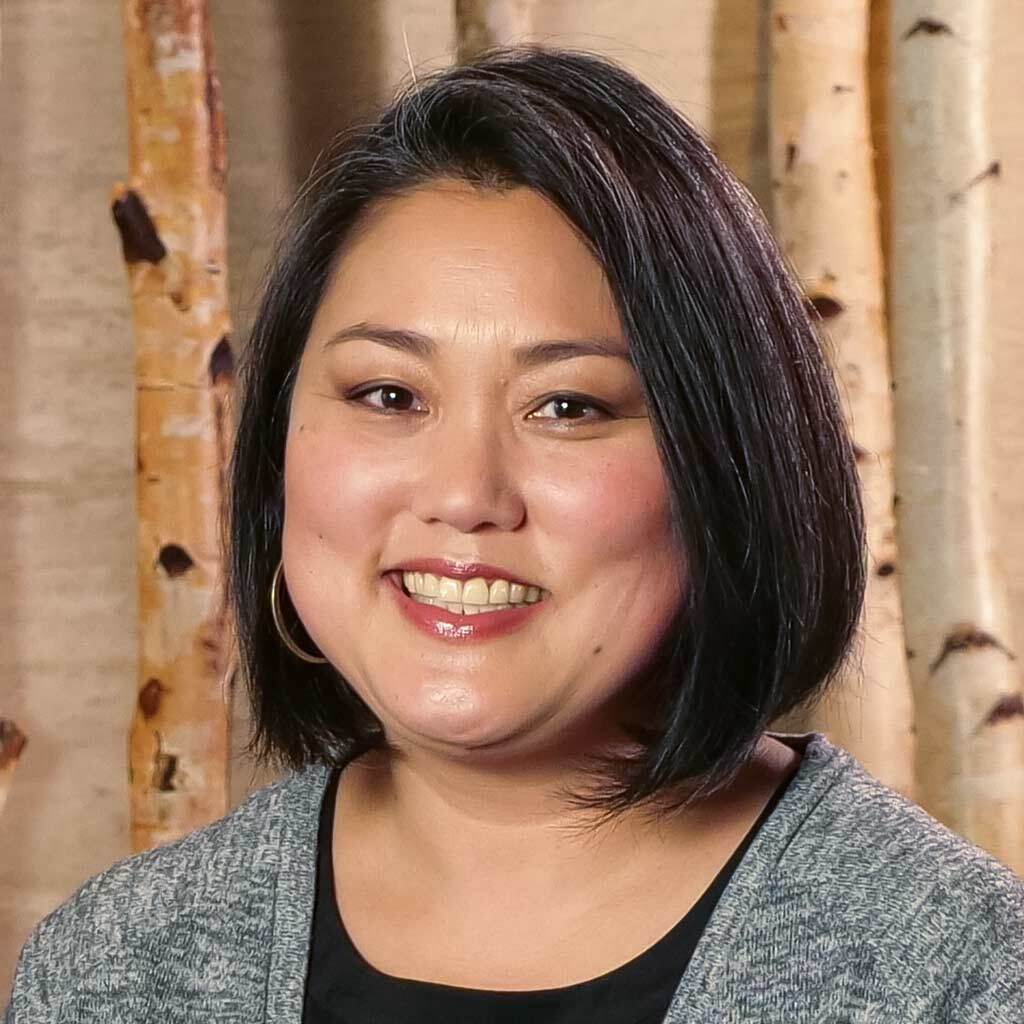As parents, we want more than anything to keep our children safe – including recognizing and preventing sexual abuse. While we may struggle with how best to bring up the subject with our kids, it’s a vital conversation to have: One in four girls report experiencing sexual abuse by age 18, and one in 20 boys report experiencing sexual abuse by the same age. The disturbing truth is that sexual abuse can happen anywhere, anytime, to any child or teenager.
As a developmental psychologist and parent-child relationship expert, I can assure you that having this conversation doesn’t have to be scary. In fact, one of the most powerful tools at your disposal is something you likely do every day: simply sitting with your child somewhere you both feel comfortable and having an open, honest conversation. Pick somewhere you know they’ll feel safe and relaxed — like when you’re curled up with a cup of hot chocolate together before bedtime, or when you’re driving them to school or sports practice.
Look for small moments like these in your day-to-day life where you can set personal safety rules and give age-appropriate guidance. You don’t need to have a grand, exhaustive speech planned out. It’s better to keep things short, clear, and casual. This shouldn’t be a one-and-done conversation; instead, think of it as an ongoing discussion that will change and develop along with your child.
For instance, with a toddler, you can introduce the idea of consent during bath time. While you’re teaching your child the names of their body parts, you can say something like, “A bigger person should never touch your private parts,” or, “Remember: If someone ever touches you in a way that makes you feel uncomfortable, you should tell them to stop.”
Over the years, your approach will evolve, as will the specific things you speak about. You might mention unwanted kisses or hugs when they’re in elementary school. You can also introduce the concept of internet safety — and the specific types of sexual abuse that happen online — as they start to spend more time on the computer unsupervised. Current events may bring up opportunities to talk, too: For instance, with the roll-back of COVID-19 measures, you might want to take a moment to sit down and reiterate your rules about personal safety in public places and at friends’ houses. (If you’re unsure of where to start, Committee for Children has a series of comprehensive, research-based guides on what to say at every age, from toddler to teen, on our website.)
Your approach will be different depending on your family’s own way of connecting and communicating overall. What’s most important is normalizing these kinds of challenging topics and creating an open channel of communication, even about subjects that may feel frightening, confusing, or uncomfortable to your kids. It’s also completely fine if you get flustered or awkward — laughing together might even become a bonding moment for you and your child.
My organization, Committee for Children, is encouraging parents and caregivers across the country to recognize the seriousness and prevalence of childhood sexual abuse. We also want them to know that free, research-based resources exist to help them open a dialogue with their children about protection and safety. The good news is that it’s never too early to start having these talks, and it’s never too late. Research shows that children who are informed about their bodies and who feel safe talking with a trusted adult may be less likely to be abused, and more likely to report if they are.
Ultimately, creating an atmosphere of trust and openness around topics like consent and sexual abuse prevention will benefit your relationship with your child beyond just keeping them safe and informed. It will show them that you love, trust, and believe in them. They’ll learn it’s safe to confide in you with all their questions and concerns, no matter how difficult they may seem – creating a powerful bedrock of trust and love that we all hope for as parents. From this foundation, you can build opportunities to discuss all sorts of difficult topics at any age.


